Women, Toxic Chemicals & Climate Change
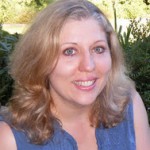 |
|
Anne Brock |
Best-selling environmental author and 350.org leader Bill McKibben speaks with Anne Brock of FlourSackMama.com in an interview for Women’s Voices for the Earth.
Q: This is Anne Brock from FlourSackMama, I’m here for Women’s Voices for the Earth, and I’m honored to be speaking today with author and climate activist Bill McKibben of 350.org. Welcome!
A: Good to be with you.
Q: Women are especially vulnerable to toxic chemicals in the environment. Can you talk a little bit about why climate change is a women’s health issue given the emerging intersection between climate change and toxic chemicals?
A: Women in general in our societies here but especially around the world are always the most vulnerable to rapid change. Who we see in most of the world is out gathering water every day, is most vulnerable to disease and has to try and raise crops in an increasingly difficult world. So it doesn’t surprise me that we find women at the forefront of our organizing work all over the planet and across a wide variety of issues, things like toxic chemicals being a good example. But I think above all people realize that the kind of basic destabilization of the climate system, the basic undermining of Mother Earth is the biggest issue of all in our time, and it’s wonderful to watch that resistance starting to form.
Q: Even here in the United States, you talk about things like drought, extreme weather and our access to food. What troubles you the most even right here in the United States about our farming system and our food system?
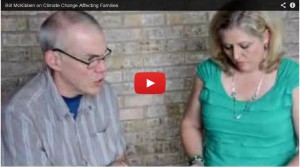 A: Food may be the place where we feel quickest the pinch that comes from the change in climate. The agronomists tell us each degree increase in the global average temperature from this point on should cut global grain yields by 10 percent. As we watched the Midwest last summer we saw just how easy it was for that to happen. Places like Iowa with the richest soil on earth, they couldn’t grow corn, it was too hot and too dry. When that happens and the price goes up, all over the world women are somehow having to pinch together pesos or whatever it is to buy enough cornmeal to make tortillas for their family. That’s who’s on the frontline.
A: Food may be the place where we feel quickest the pinch that comes from the change in climate. The agronomists tell us each degree increase in the global average temperature from this point on should cut global grain yields by 10 percent. As we watched the Midwest last summer we saw just how easy it was for that to happen. Places like Iowa with the richest soil on earth, they couldn’t grow corn, it was too hot and too dry. When that happens and the price goes up, all over the world women are somehow having to pinch together pesos or whatever it is to buy enough cornmeal to make tortillas for their family. That’s who’s on the frontline.
Q: What could a woman do today to get involved in the 350.org movement and to use her voice to help prevent climate change?
A: Voice is the right word. At this point, our personal actions are important. We should put in the right lightbulbs and all that. But you can’t make the math work that way. It’s a structural problem, it’s a political problem. Unless we have voices that add up to be as loud as the voice of money in the fossil fuel industry, then we’re going to lose. So we need people to organize, organize, organize. Come to 350.org, it’s one of the places where we can help put you in touch with others and be part of this burgeoning global movement.
Q: Thank you so much for speaking to us for Womens Voices for the Earth. Bill McKibben.
A: My pleasure.
See the rest of the interview with Bill McKibben on Flour Sack Mama.

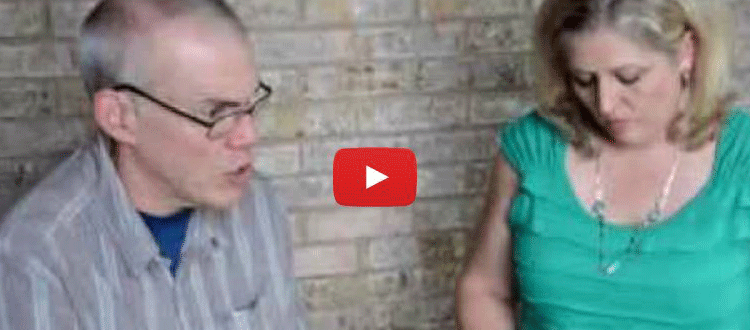
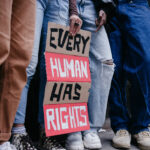
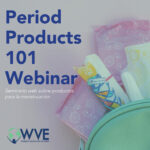



Pingback : Transcript: 350.org's Bill McKibben Shares Human Costs of Climate Change & Innovative Solutions | Flour Sack Mama